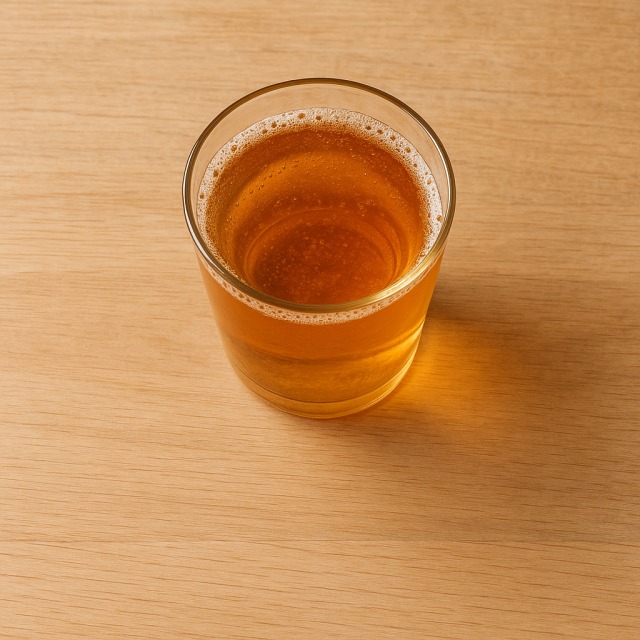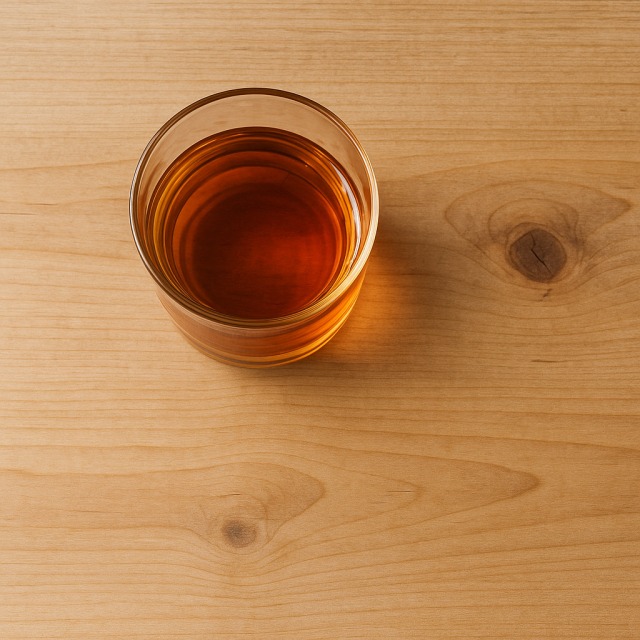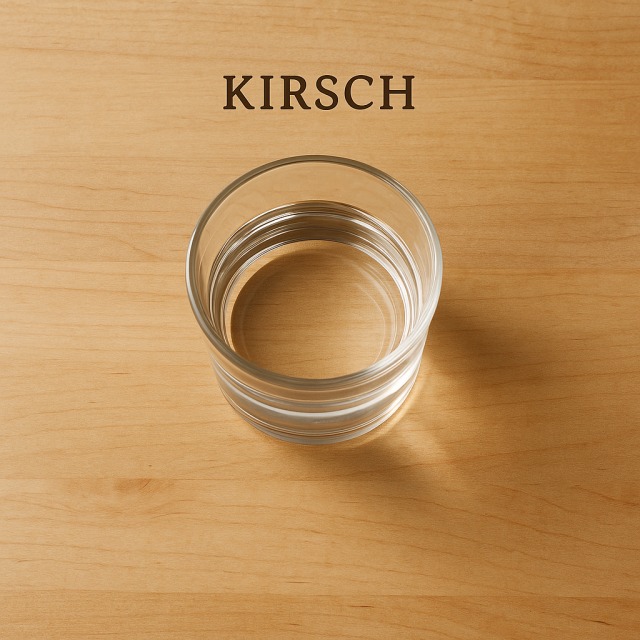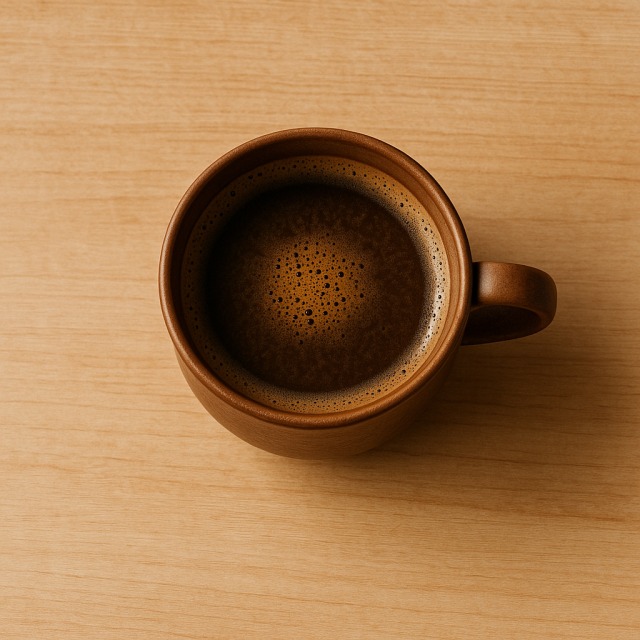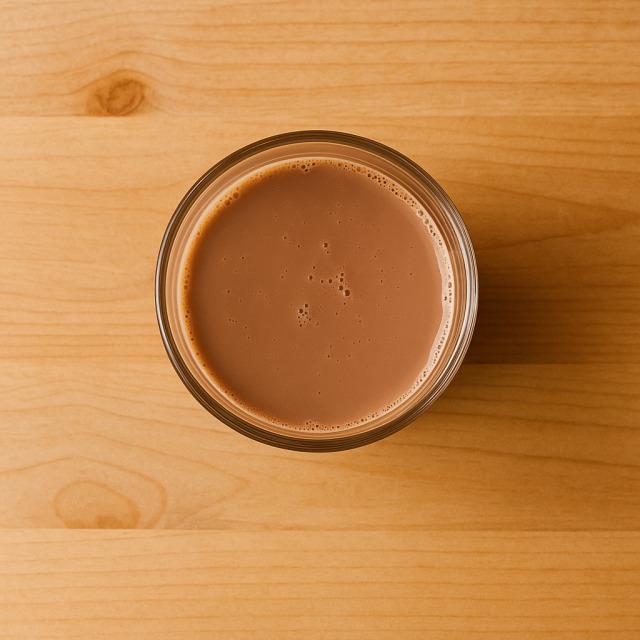Calorie Chart / Beverages / Cider - Dry
How Many Calories Are in Dry cider?
Calculation of the nutritional value & Recommended Dietary Intake of dry cider
For ml and a calorie requirement of kcal
| Calories 64 kcal | Proteins 0 g | Lipids 0 g | Carbohydrates 5 g |
| 3% | 0% | 0% | 2% |
Health benefits of dry cider
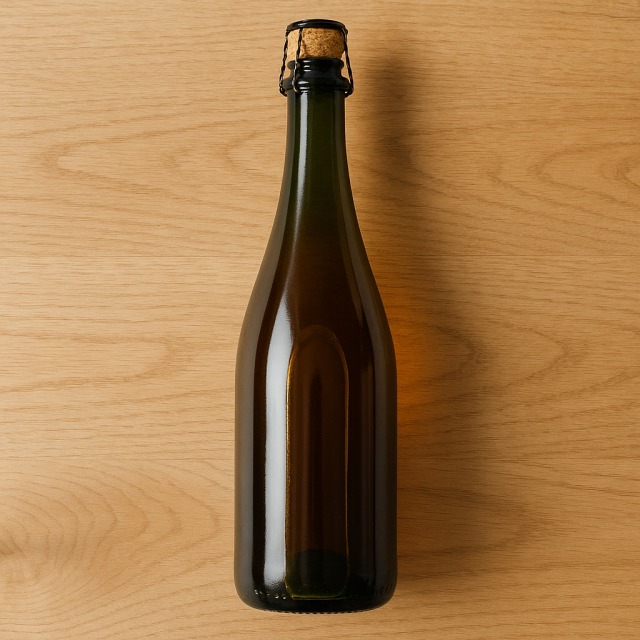
Dry cider - 100ml
Calories 32 kcal
Proteins 0 g
Lipids 0 g
Carbohydrates 2.5 g
Dry cider is considered a low-calorie beverage: with only 32 calories per 100 g, it provides far fewer calories than most beers or wines. Mentioning calories right away helps anyone tracking calories to see that dry cider is a light option.
Obtained from fermented apple juice, dry cider retains part of the fruit's polyphenols, well-known antioxidants that may help reduce oxidative stress. The drink also provides small but measurable amounts of potassium, magnesium, and B-group vitamins. While the quantities are modest, they still contribute to daily intake without adding many calories.
Anecdotally, Norman and Breton farmers historically produced dry cider as a refreshing, lower-calorie alternative to wine for fieldwork. Its naturally sparkling character and crisp acidity deliver flavor without excessive calories, making it popular among people who need to monitor calories for weight control or athletic performance.
In short, dry cider is a light, low-calorie alcoholic beverage that can fit into a balanced diet when enjoyed in moderation—yet it remains an alcoholic drink, so the usual recommendations on responsible consumption apply.
Tips for incorporating dry cider into a balanced diet
Because dry cider brings so few calories, it is an interesting replacement for higher-calorie drinks during meals. A classic pairing is a Norman platter of Camembert, whole-grain bread, and a glass of dry cider: you keep indulgence while limiting calories. For a lighter main course, try oven-roasted pork tenderloin deglazed with dry cider; the alcohol evaporates while the sauce remains low in calories and full of flavor.
Dry cider also works well in marinades for grilled chicken breast. The acidity tenderizes the meat, you avoid oil-heavy sauces, and you still save calories. If you fancy dessert, accompany a slice of fruit tart with a small glass: the cider's dryness balances sweetness without piling on extra calories.
Sport-minded readers who count calories can mix a "cider spritz": one part dry cider, one part sparkling water, and a squeeze of lemon. You keep bubbles, slash calories, and stay refreshed after training.
Whatever recipe you choose, keep in mind portion sizes: 150 ml of dry cider delivers about 50 calories, so two glasses still fit easily into a 1,500-kcal day. Replacing sugary sodas or higher-proof drinks with dry cider is a simple strategy to trim calories while enjoying convivial moments.
Frequently Asked Questions
- How many calories are in dry cider?
- Dry cider provides 32 kcal per 100 g.
- Does dry cider have fewer calories than beer?
- Yes. Most beer varieties supply 40 to 55 calories per 100 g, whereas dry cider averages 32 calories, making it the lower-calorie option.
- Is dry cider lower in calories than sweet cider?
- Generally, yes: sweet cider contains more residual sugar and can reach 50 to 60 calories per 100 g, while dry cider stays around 32 calories.
- Can dry cider fit into a weight-loss diet focused on reducing calories?
- In moderation, a 150 ml serving adds roughly 50 calories, helping you stay within your daily calorie target compared with higher-calorie alcoholic drinks.
- How many carbohydrates and calories does one 330 ml bottle provide?
- A 330 ml bottle delivers about 80 calories and roughly 8 g of carbohydrates, useful data for anyone counting calories and carbs.
- Is dry cider gluten-free and does that influence its calories?
- Dry cider is naturally gluten-free because it is made from apples, not grains. Its gluten-free status does not affect calories, which remain 32 kcal per 100 g.
Similar foods
Alcohol consumption may be harmful to your health. Please drink responsibly. Do not drink and drive. Not recommended during pregnancy. Must be of legal drinking age.
Information provided by Calorie Menu may contain inaccuracies or errors. It cannot, under any circumstances, substitute medical advice or medication.

